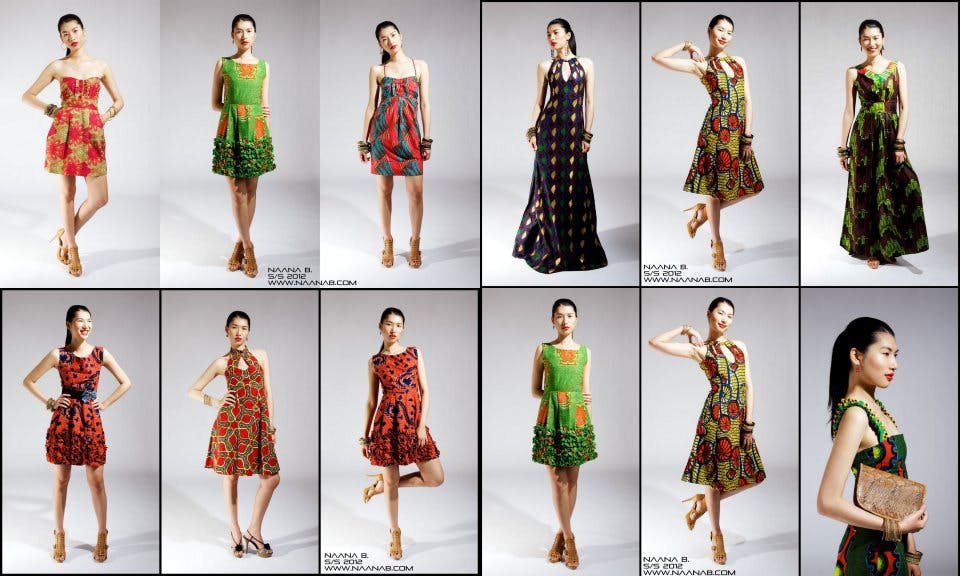Op-Ed Draft: Campus should focus on safety, not students’ dress
Jan 21, 2015
Story



[] The ruling patriarchy is once more at work at the University of Buea (UB).
Recently, school authorities have given talks blaming the prevalence of sexual violence on campus on the ‘indecent’ dressing of women. In a conversation with Mr. Che Eugene; a guidance counselor for the Faculty of Social and Management Sciences (SMS), he said: majority of female students have experienced one or two forms of sexual abuse from male academic staff on campus. These assaults often happens in the office, and in lecture halls, when students are requesting make-up tests or extra lectures, submission of overdue assignments, and making other pleas to male academic staff.
And as long as these female students continue to dress suggestively, exposing certain sensitive body parts like the breast, shoulder, tights - sexual violence is likely to be prevalent on campus.Mr. Che added.
So, in an effort towards preventing such crime on campus, the university authorities have implemented a stringent dressing code. Campus security men are given the ultimate power to send away so-called ‘indecently’ dressed students. This has so far led to many female students bullied out of campus.
However UB fails to recognize that sexual violence remains a major security threat to humankind, particularly women. Though still one of the widely unreported cases. The fact is sexual violence can happens at any time; during armed conflicts and riots and even in nations with socio-economic and political stability.
For instance, statistics from the Sub Divisional Delegation of the Ministry of Women’s Empowerment and the Family (MINWEF) – Buea case files of 2010 and 2011 show that victims’ clothing is not a determining factor in crimes of sexual violence. E.g. among the 127 reported forms of violence in 2010, including that of a 12 year old raped case, only 21 of these cases were on sexual violence. And in 2011, of the 130 community crimes reported, 17 were sexually incriminated and not because of ‘indecent’ dressing.
Also, UB should understand that each dress has a unique beauty. This makes it sexy. Whether it is a long robe, gown, nightwear, or shorts. The designers for these clothes have a purpose which I simply believe is to ensure that her clients derive maximum satisfaction and contentment.
Ironically, university of Buea is conceived in the English-speaking tradition governing the fundamental rights of freedom of speech. Founded on moral and intellectual principles, and within the Central African region, it is accredited for excellence. So, instead of UB to continue in wasting time and resources blaming student dressing, UB should focus on creating real solution to stop this security threat, which also has an implication to the campus’ reputation, both locally and globally.
Anyway, contrary to UB, at least one ruling patriarch condemns the university’s claim and describes it as being a “flimsy excuse based on selfish motif”. “UB should respect individual rights, their dignity and choices”, said Mr. Nzume Mathias, Chief of Service for the Family Wellbeing at MINWEF- South West Region, Cameroon.
UB’s claims are flawed and it is not focused on the main objective. Its claims are illogical, non-convincing, and unfriendly and against all beliefs and pledges UB is supposed to uphold.
Campus authorities need to spend valuable moments thinking on how to address the issue of security, identify perpetrators of sexual violence, and provide justice to victims. This could be accomplished by creating an independent sector on campus that works to prevent sexual violence. The Discrimination and Harassment Office (DISCHO)-University of Cape Town in South Africa is a good model. But if a special committee already exists, UB should make it public to all.
In addition, I strongly recommend that UB adopt a sexual harassment policy purposefully addressing issues of sexual violence on campus. The policy should also be made clear in the student guides, public and accessible to all, including heads of academic departments and faculty members, campus clubs and associations, academic staff and students. []




